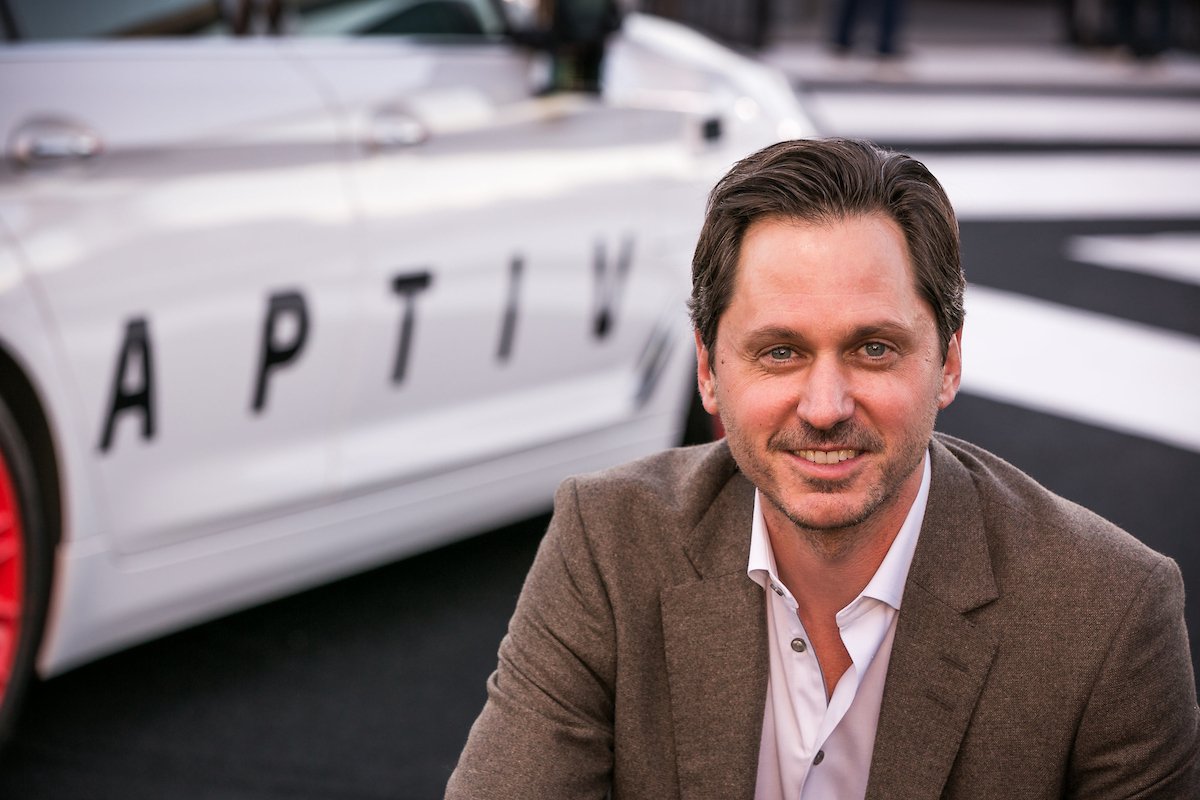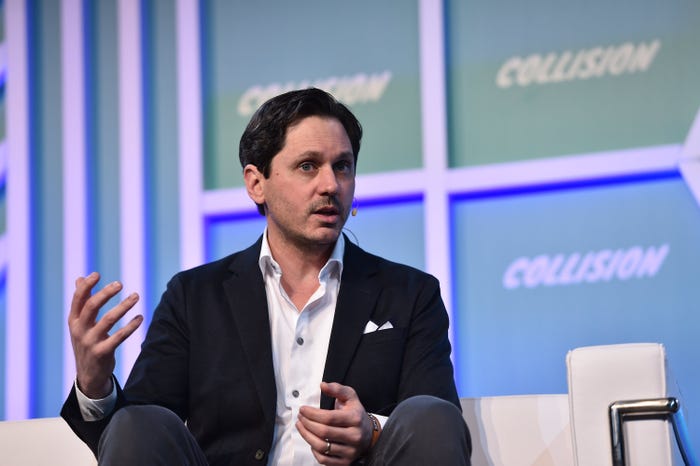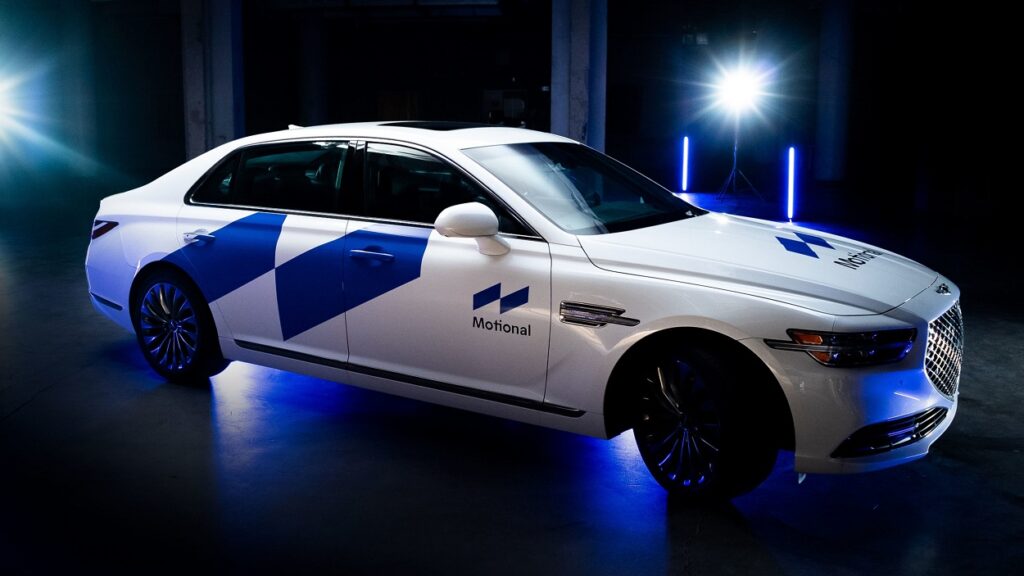Since Oldsmobile pioneered the first mass automotive production in 1901, the power of personal transportation has been an American cultural focus. Cars are freedom made manifest in machines. From a teenager infatuated with their learner’s permit to an automobile collector enthusiast, the relationship between a vehicle and its driver has uniquely defined the personal transportation experience.
Yet according to a recent study conducted by the University of Michigan’s Transportation Research Institute, the percentage of Americans with driver’s licenses has decreased across all age groups. For an explanation, some point to global affairs and the political intricacies of crude oil acquisition. Others reference the national efforts to ameliorate public transit systems. While political measures certainly have significant influence, the strategic applications of technology and connectivity devices are undeniably disrupting the automotive industry. The world Henry Ford created for us is on the brink of a dramatic evolution that will completely alter how we get around. At least, that’s the mission of Karl Iagnemma.

“Michigan, for me, was much more than an engineering school. It contained an entire universe of ideas,” he shared.
While engineering was his primary focus, the skills from his literature classes were a boon to Karl when writing his novel, The Expedition, and Plimpton Prize winning short story, On the Nature of Human Romantic Interaction. After graduation, Karl turned his attention to building a career in the academic world. He brought his passion for robotics and engineering to MIT, where following his PhD degree, he founded and directed the Robotic Mobility Group.
“The lab itself was centered around robotics and autonomous vehicles,” he said. “Many of the technologies we studied became fundamental building blocks for today’s autonomous vehicles.”
Although Karl’s work with the Robotic Mobility Group was primarily focused on vehicle operations and assistive devices, he was determined to develop a framework for safe, shared control of human-machine systems. These goals, to improve safety through the use of technology and automation, led to Karl’s interest in commercializing autonomous vehicles.
“I realized the technology I was developing at MIT had reached a level of maturity that could transition to the real-world,” he said. “I discovered this right around the time the public realized the potential of driverless cars.”
In 2013, Karl and a colleague at MIT, Emilio Frazzoli, founded nuTonomy, a company dedicated to developing full stack software for driverless fleets. Taking advantage of market readiness, nuTonomy was successful in quickly creating and testing software in the United States and Singapore. Its acquisition by Aptiv in 2017 was celebrated with the “Exit of the Year Award” from the Michigan Venture Capital Association. The acquisition would ultimately lead to an opportunity for Karl, Aptiv, and Hyundai Motor Group to form Motional in 2020, a $4B joint venture to develop and commercialize SAE Level 4 driverless vehicles- autonomous vehicles that perform all driving tasks.

“Autonomous vehicles can eliminate injuries and deaths from motor vehicle accidents caused by human error, and increase transportation equity,” Karl said.
Driverless technology has more potential for greater efficiency and affordability than the human drivers in the gig economy today. For ride-share companies, multi-modal networks, with robotaxis, can support improved margins and enhanced service offerings for passengers. For consumers, driverless technology could mean more accessible transportation due to lower costs and greater availability.
“We’re one of the leading companies building fully autonomous vehicles focused on moving people around the world,” he said. “There is a host of benefits for all parties once we get this technology deployed at scale.”
Motional believes ride hails – and their vast passenger bases – are critical to scaling driverless technology, and has led the driverless industry in partnering with ride hail networks. Through a groundbreaking agreement with Lyft, Motional plans to launch the largest deployment of robotaxis on a major ride hail network, starting in 2023.
“Lyft has millions of loyal customers, our partnership with them will enable Motional to reach their passenger base.”

In context of the pandemic, Motional has found impressive levels of consumer confidence and readiness for driverless technology. With a driverless service, contact with a complete stranger is not required for an on-demand ride, completely eliminating exposure to another individual who might produce airborne particles.
“Covid-19 has helped people appreciate the value of a contactless trip,” he said. “Driverless vehicles eliminate sharing a vehicle with a stranger and the potential for viral transmission. This is why we’ve seen an uptick in interest for autonomous vehicles.”
From vehicular accident elimination to minimizing potent for viral exposure, Motional ensures safety in all aspects of physical well-being. While Motional is currently focused on robotaxis, Karl notes the company is open to other use cases and expects Motional’s driverless technology to span multiple verticals down the road.
Karl Iagnemma, through his vast experience at the intersection of robotics and mobility, is leading the development of technology that will save lives and break down accessibility barriers. His entrepreneurial spirit and professional devotions herald a brighter, more equitable future for us all. Autonomous vehicles move Americans from the responsibility of the driver’s seat to the luxurious comfort of the passenger’s seat. Motional reimagines the cultural love affair with the motor vehicle; Long live the (driverless) American automobile industry.

